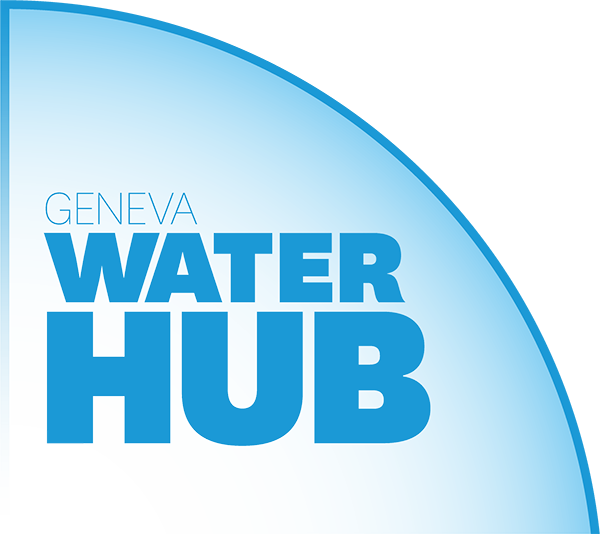The Geneva List of Principles on the Protection of Water Infrastructure
The Geneva List of Principle on the Protection of Water Infrastructure is the result of a think-tank process started by the Geneva Water Hub’s Platform for International Water Law in 2016 during the reflection carried out by the Global High-Level Panel on Water and Peace.
In June 2016, the Geneva Water Hub convened the roundtable “Protection of Water During and After Armed Conflicts” whose conclusions contributed to the drafting of the Global High-Level Panel on Water and Peace’s report “A Matter of Survival”. This report contains a set of policy recommendations, in particular those related to the respect for and the implementation of international humanitarian law and human rights law during armed conflicts.
Following the presentation of the report “A Matter of Survival”, the Geneva Water Hub and its Platform for International Water Law started the development of the Geneva List of Principles on the Protection of Water Infrastructure with several academic partners, international and non-governmental organizations. During the 2018 Geneva Peace Week, the Geneva Water Hub co-organized with UN environment, the Permanent Mission of Slovenia to the United Nations Office at Geneva and other partners, a conference on “Water Diplomacy: Building Bridges for Lasting Peace” where several examples of attacks against water infrastructure were presented. As a follow up of this event, the Interest Group on Water of the Environmental Peacebuilding Association was also launched.
A first draft of the Geneva List of Principles on the Protection of Water Infrastructure was circulated for discussion during an expert meeting convened in December 2018. A preliminary consolidated version of the Geneva List of Principles on the Protection of Water Infrastructure was presented during an International Peace Institute Lunchtime Policy Forum Event in New York and a Brown Bag Lunch at the World Bank in Washington DC in March 2019. Following these events, the Geneva List of Principles on the Protection of Water Infrastructure was officially launched at the Residency of the Swiss Ambassador in Stockholm during the World Water Week and the International Conference of the Red Cross and Red Crescent in December 2019 (see below).
The Geneva List of Principles on the Protection of Water Infrastructure is a reference document prepared for the use of parties to armed conflicts, international organizations, and other practitioners working in the contexts of armed conflicts, including in pre- and post-conflict situations. It is the first text that systematizes the main rules applicable to the protection of water infrastructure during armed conflicts, specifically in the conduct of hostilities, as well as in post-conflict situations and sets forth recommendations which go beyond existing law.
The Geneva List of Principles on the Protection of Water Infrastructure initiative is part of a broader process aiming at preventing the impact of armed conflicts on water infrastructure and water resources and to enhance the protection of this vital resource. In this context, the Geneva Water Hub collaborates closely with States as well as international and non-governmental organizations including ICRC, UNICEF, the Environmental Peacebuilding Association and the Conflict and Environment Observatory. Academic and think-tank partners are also regularly consulted.
You can download the Geneva List of Principles on the protection of Water Infrastructure in Arabic, French and Russian.
In 2021, noting the emerging cyber security threats, evolution in military cyber capabilities, and the water sector’s vulnerability, the Geneva Water Hub developed a principle on “Cyber Operations” dealing with the protection of water infrastructure and water-related infrastructure as an Annex to the Geneva List. The principle mainly transposes the existing international humanitarian law rules and principles concerning the conduct of hostilities to this new domain. The principle also indicates that other branches of international law, such as human rights law, could provide protection. You can download the Annex in English and French.

